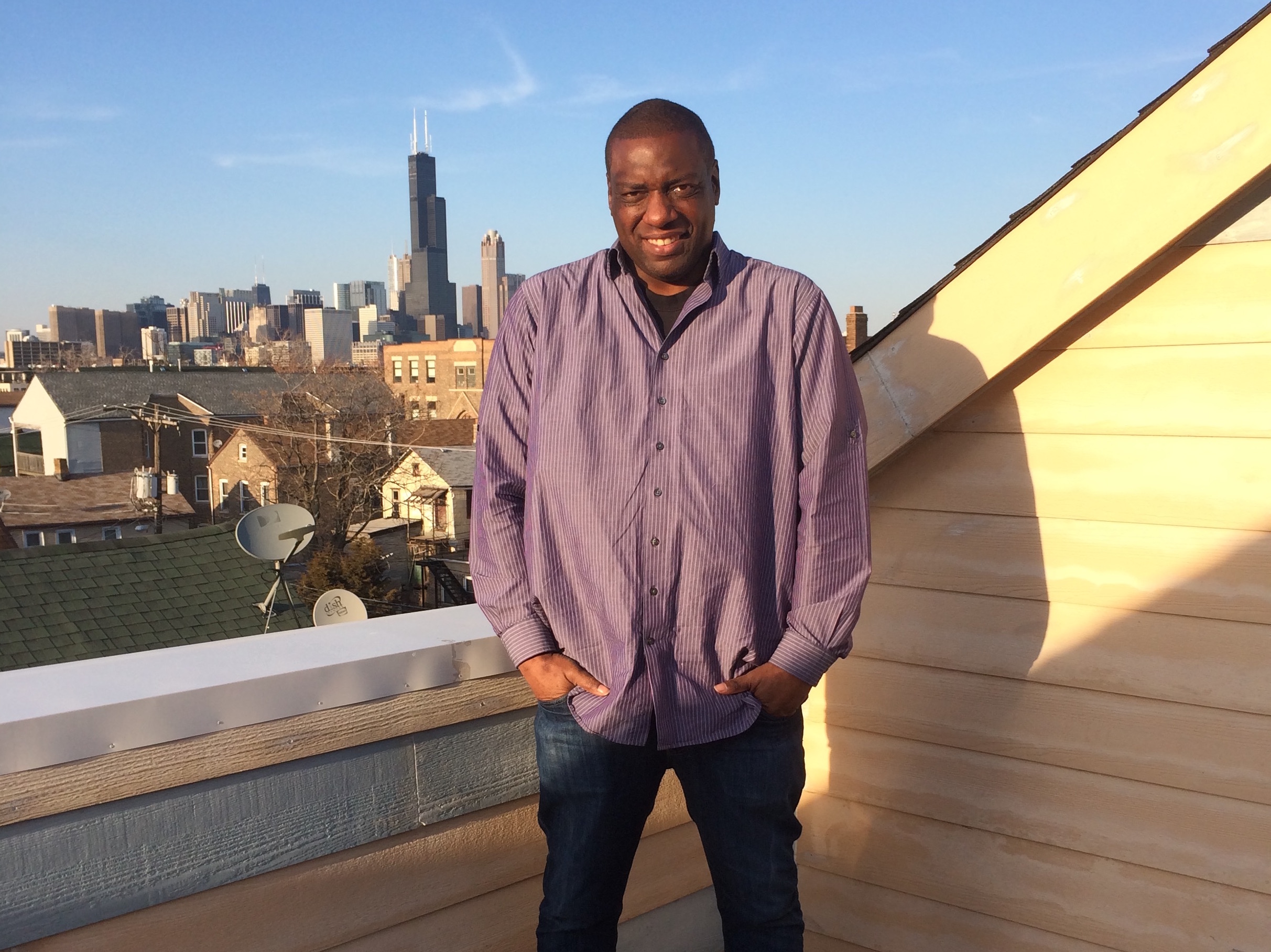I grew up on Chicago's South Side, in the Chatham community, the son of a policeman. My dad patrolled the streets under the first Mayor Daley, and in the wake of the 1968 Democratic convention and protests, and the ensuing police crackdown, our city was known for being something of a police state.
I was always keenly aware of racial profiling before people started calling it that. Thanks to a huge growth spurt between ages 11 and 14, I became aware that the only place some people want to see a tall African-American male is on a basketball court.
In his 1994 book Parallel Time, New York Times editorial writer Brent Staples looks back at, among other things, his time as a University of Chicago grad student in the 1970s. He recalls one incident when he was walking through the Hyde Park neighborhood, behind a smartly dressed white woman his own age. After the lady looked back at Staples, the tall African-American man behind her, she quickened her pace to the point where she ran and disappeared on a cross street. Soon after that, when Staples found himself in the same situation, he would softly whistle so the person in front of him wouldn't be startled. But he eventually stopped the whistling bit, disgusted that he had to do it in the first place.
I had a similar experience in the 1990s. I had just gotten off work on the South Side and decided to take a trip up north to visit a friend at the record store he owned. I got off the Red Line at Belmont Avenue around 6:30 p.m. to grab a snack. After that, I decided to walk the rest of the way up Clark Street to the shop, since it was a nice autumn day. It was already dark, but that stretch of Clark is brightly lit.
As I was walking, I saw three white women laughing together, some distance ahead of me. They were too far away for me for me to even get a good sense of what they looked like. At some point they turned on Addison Street, by Wrigley Field. I kept going, because my destination was a few blocks farther on Clark. As soon as I crossed Addison, I was confronted by a couple of white police officers in a squad car who suddenly swung their car into the driveway of a McDonald's.
The cops got out of the car and immediately started harassing me, claiming I was stalking these three strangers. How, I protested, could I be following these women if we were walking in different directions? "Because you saw us coming, that's why!" one of the cops shot back. After they determined who I was and why I was in that area ("You came all the way from the South Side just to go to a record store?"), they let me go.
These days, the police seem a little more polite about detaining people who are just minding their business. Even so, the message is clear -- somebody did something, and you fit the profile.
From the moment I was old enough to go places without parental supervision, my mother and father told me to have my fun, but be aware. They warned me that some policemen view a guy being Black and tall as an excuse to hassle him.
Interestingly enough, the only times I ever got the side-eye from Black cops was when I was a teenager, spending most of my time in African-American neighborhoods. It was usually for something petty, like the time an officer forced me to take an alternate route to a driver's ed class at a different school than the one I attended.
After college, when I started hanging out in majority-white neighborhoods more often, all of a sudden the Black cops were cool. I can think of a couple of occasions where it seemed like they were actually looking out for me, just trying to make sure I avoided attracting suspicion from other people.
It was the white officers I had to watch out for. They'd usually stop me as a suspect for minor infractions committed by other people. Sometimes they'd let me go because the knapsack on my back indicated that I was just a harmless student.
While experiences like these have been disheartening, I haven't let them stop me from exploring my city. If I did, that would be letting the jerks win.





